The Executive Vice Chancellor and Provost is the chief academic officer of the University of California, Santa Barbara. The Office of the Executive Vice Chancellor and Provost, in consultation with the Santa Barbara Division of the Academic Senate, has oversight for academic planning and programming, the development and implementation of academic policy, and the academic personnel process.
The office has responsibility for all academic units, on and off-campus instructional activities, and instructional support programs, as well as Academic Program Review, Office of the Ombuds, Office of Title IX Compliance and Discrimination and Harassment Prevention, Equal Opportunity and Policy Compliance, Office of Education Partnerships, and Office of the Associate Vice Chancellor for Information Technology and Chief Information Officer, among other units.
The Executive Vice Chancellor and Provost is committed to working with all of UC Santa Barbara constituents to chart a strategic path that positions the campus as one of the nation's premier public research universities in the 21st century, committed to teaching, research, public service, outreach, and inclusive excellence.
GIVE NOW to the EVC and Provost's Fund for Academic Excellence
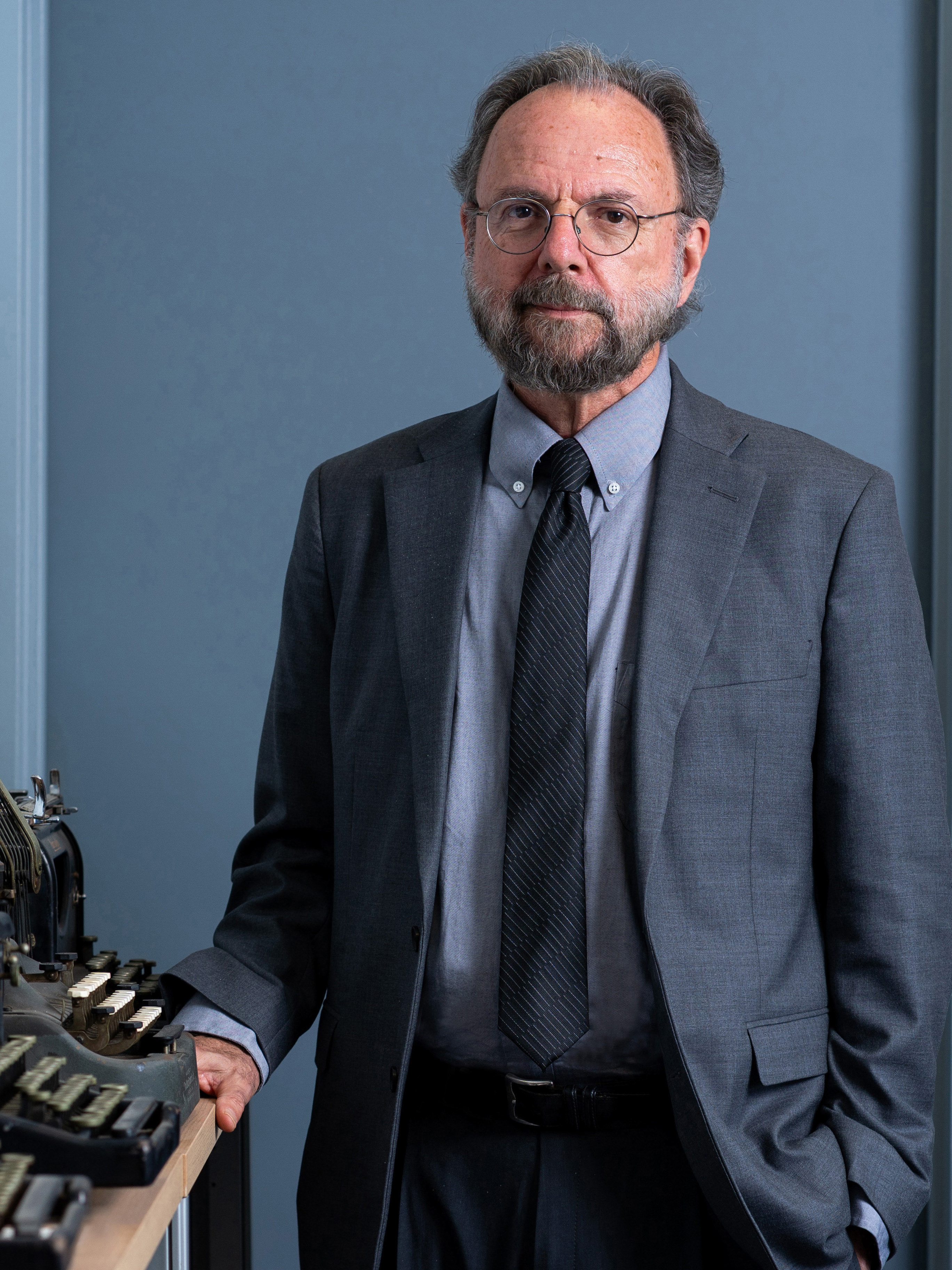
David Marshall
Executive Vice Chancellor and Provost
Distinguished Professor of English and Comparative Literature
david.marshall@ucsb.edu
(805) 893-2785
5105 Cheadle Hall
Leadership Team

David Marshall
Executive Vice Chancellor and Provost

Dana Mastro
Vice Provost for Academic Affairs
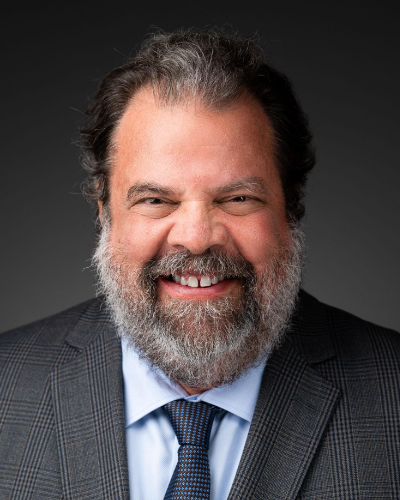
Michael Miller
Associate Vice Chancellor and Dean
Undergraduate Education

Janine Jones
Associate Vice Chancellor and Ann and Michael Towbes Dean
Graduate Division
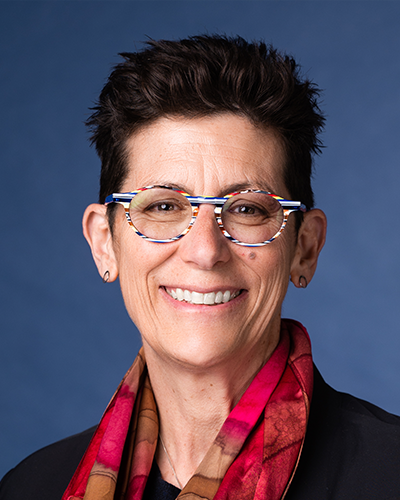
Linda Adler-Kassner
Associate Vice Chancellor
Teaching and Learning
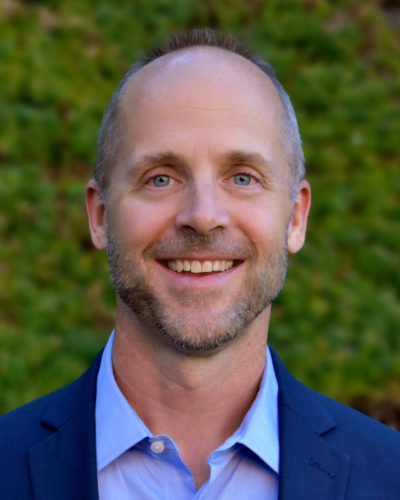
Josh Bright
Associate Vice Chancellor and Chief Information Officer
Information Technology

Sarah Anderson
Interim Dean
Bren School of Environmental Science and Management
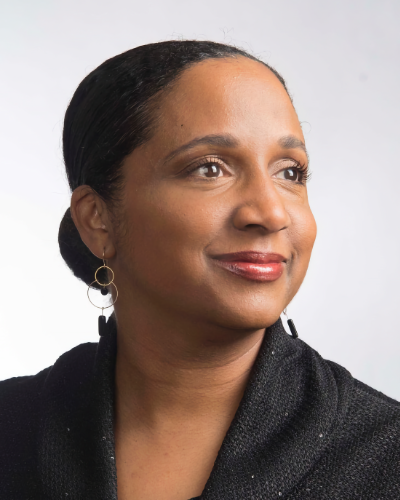
Daina Ramey Berry
Michael Douglas Dean
Humanities and Fine Arts
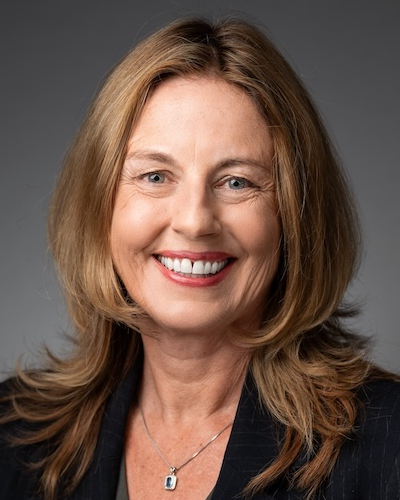
Shelly Gable
Susan and Bruce Worster Dean
Mathematical, Life, and Physical Sciences

Charles Hale
SAGE Sara Miller McCune Dean
Social Sciences

Umesh Mishra
Richard A. Auhll Dean
Robert Mehrabian College of Engineering
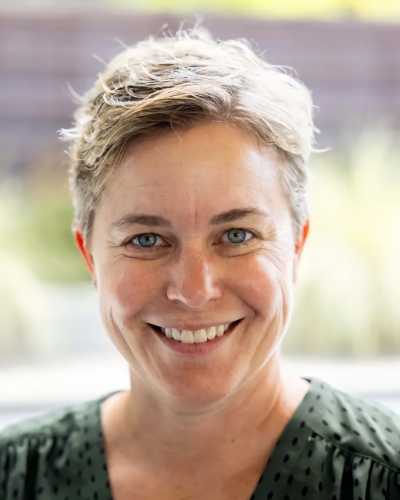
Jill Sharkey
Interim Jules Zimmer Dean
Gevirtz Graduate School of Education

Timothy Sherwood
Dean
College of Creative Studies

Denis Couturier
Dean
Professional and Continuing Education

Todd Grappone
University Librarian
Division of Academic Affairs
- Academic Personnel
- Academic Program Review
- Arts & Lectures
- Equal Opportunity and Policy Compliance
- Institute for Collaborative Biotechnologies
- Kavli Institute for Theoretical Physics
- Libraries
- Office of Education Partnerships
- Office of the Associate Vice Chancellor for Information Technology and CIO
- Office of the Ombuds
- Office of Title IX Compliance and Discrimination and Harassment Prevention
UCSB Reads
UCSB Reads is an award-winning campus-wide and community-wide “one book” program. Each year, a committee of faculty, staff, students, and community partners convene to select an intellectually stimulating, interdisciplinary book by a living author that appeals to a wide range of readers and can be incorporated into the UCSB curriculum. Learn more here
Academic Affairs Student Internship Program
The Academic Affairs Student Internship Program provides an opportunity for undergraduate students to develop professional skills while also learning about careers in higher education administration, including opportunities here on the UC Santa Barbara campus. Learn more here